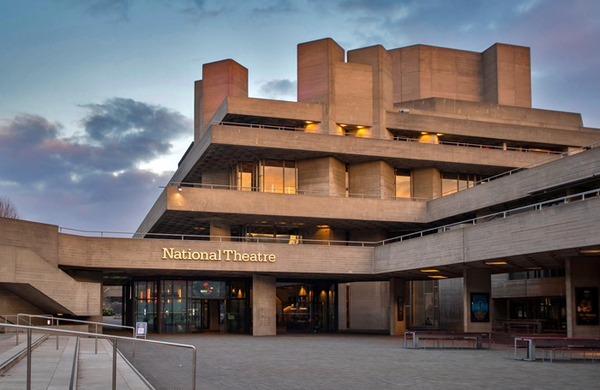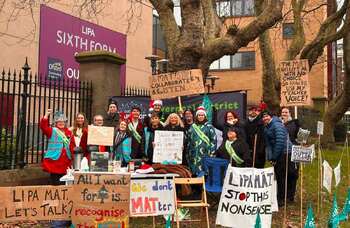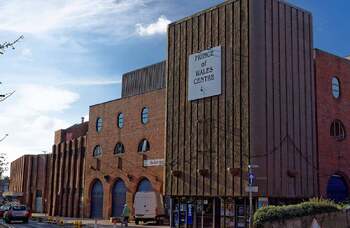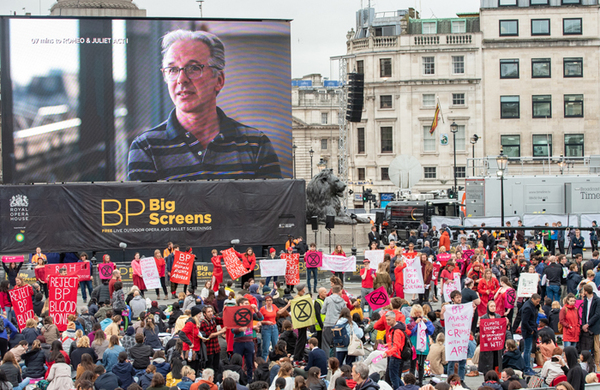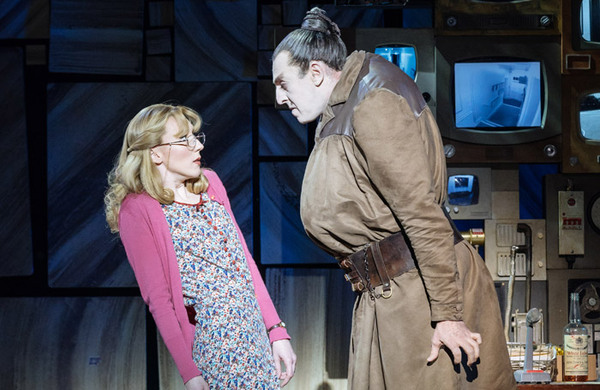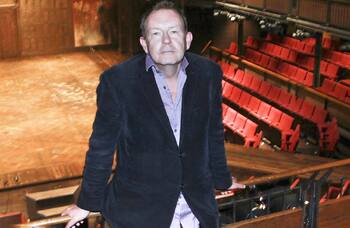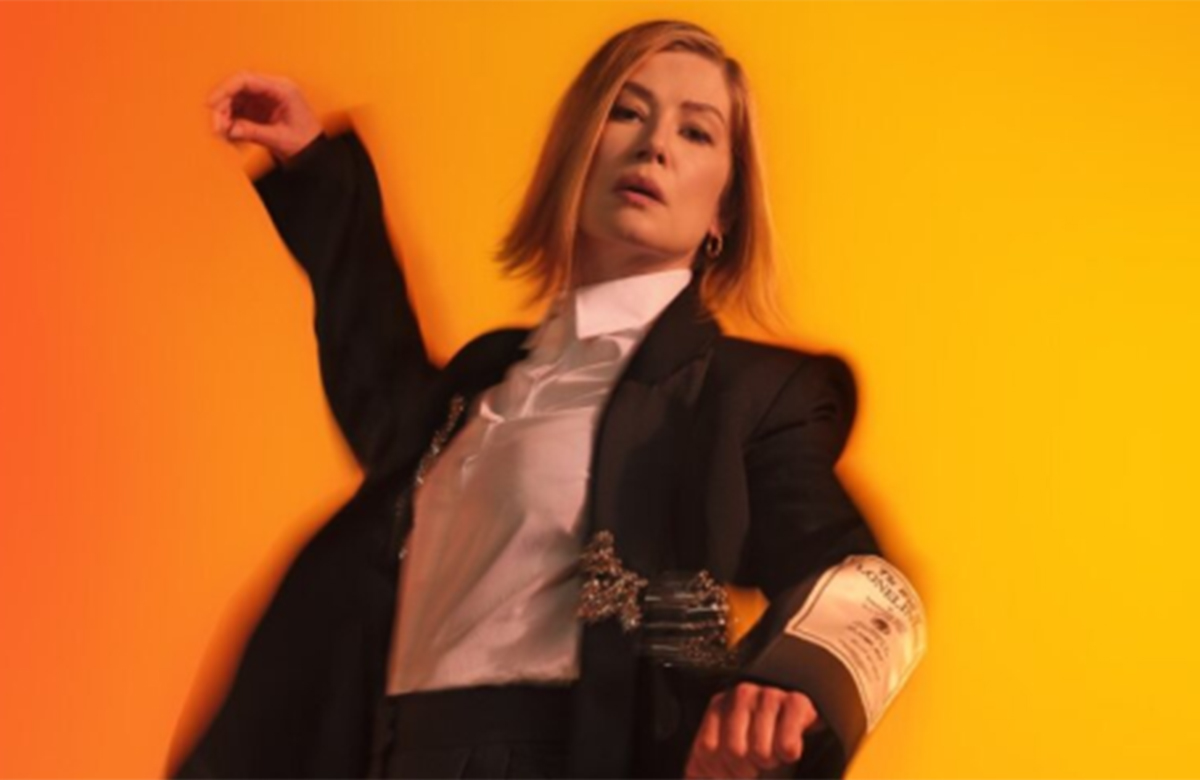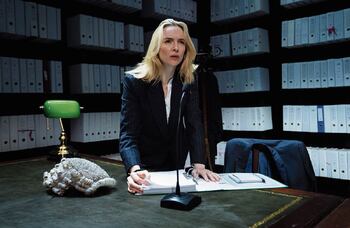RSC to end BP sponsorship amid intensifying pressure from climate protesters
The Royal Shakespeare Company is to bring its sponsorship deal with BP to an end this year, in the face of mounting pressure over its controversial relationship with the oil and gas giant.
The RSC’s decision comes in the wake of a recent boycott threat levelled at the company by young climate protesters who said they would no longer attend productions at its theatres while BP continued to fund its £5 tickets scheme for 16 to 25-year-olds.
RSC facing boycott threat from young people over BP sponsorship
In a letter sent last week, the campaigners, who have been organising school strikes against climate change, argued that if young people want to see an affordable play at the RSC, “we have to help promote a company that is actively destroying our futures by wrecking the climate”.
RSC artistic director Gregory Doran and executive director Catherine Mallyon said recent events had highlighted the strength of feeling among its audiences, artists and staff, particularly young people, who are the intended beneficiaries of the BP-backed scheme.
“Amid the climate emergency, which we recognise, young people are now saying clearly to us that the BP sponsorship is putting a barrier between them and their wish to engage with the RSC. We cannot ignore that message,” they said in a joint statement.
The announcement follows several high-profile demonstrations at the RSC’s Stratford-upon-Avon theatre, and years of pressure from activists and campaign groups. Earlier this year, Mark Rylance resigned as an associate artist over its links to the oil and gas giant.
Mark Rylance resigns as RSC associate artist over BP sponsorship
In addition, more than 60,000 people have signed a recent petition calling on cultural institutions to end their relationships with BP.
BP has sponsored the RSC’s ticketing initiative since 2013. However, the RSC has now confirmed that the deal will come to a close at the end of this year.
Doran and Mallyon’s statement said it had considered the “wide and varied range of voices and opinions” about its corporate partnership with BP over many months, and described the views of young people as central to the RSC’s values.
“It is with all of this in mind that we have taken the difficult decision to conclude our partnership with BP at the end of this year. There are many fine balances and complex issues involved and the decision has not been taken lightly or swiftly,” they said.
They added: “We would like to thank BP for their generous support of the RSC since 2011. We have issued 80,000 tickets to young people who have been able to experience our work through the BP sponsored scheme.”
Doran and Mallyon said the £5 ticket scheme would remain a priority.
The RSC is one of several arts organisations in receipt of money from BP, alongside the Royal Opera House, the National Portrait Gallery and the British Museum.
In 2016, these organisations renewed their deals with BP for five years, until 2022.
Royal Opera House and Royal Shakespeare Company renew BP deals amid criticism
A statement from BP said it was disappointed and dismayed that the RSC had decided to “bring a successful programme to a premature end”, citing its success at widening access to the RSC’s shows.
“We’re dismayed because we share many of the concerns that apparently contributed to the decision. We recognise the world is on an unsustainable path and needs to transition rapidly to net-zero in the coming decades,” it said, and argued that BP was working to address this “dual challenge”.
The statement added: “Ironically, the increasing polarisation of debate, and attempts to exclude companies committed to making real progress, is exactly what is not needed. This global challenge needs everyone – companies, governments and individuals – to work together to achieve a low-carbon future.”
Climate change: can theatre help tackle the greatest threat of all?
More about this organisation
Production News
Recommended for you
More about this organisation
Production News
Recommended for you
Most Read
Across The Stage this weekYour subscription helps ensure our journalism can continue
Invest in The Stage today with a subscription starting at just £7.99

